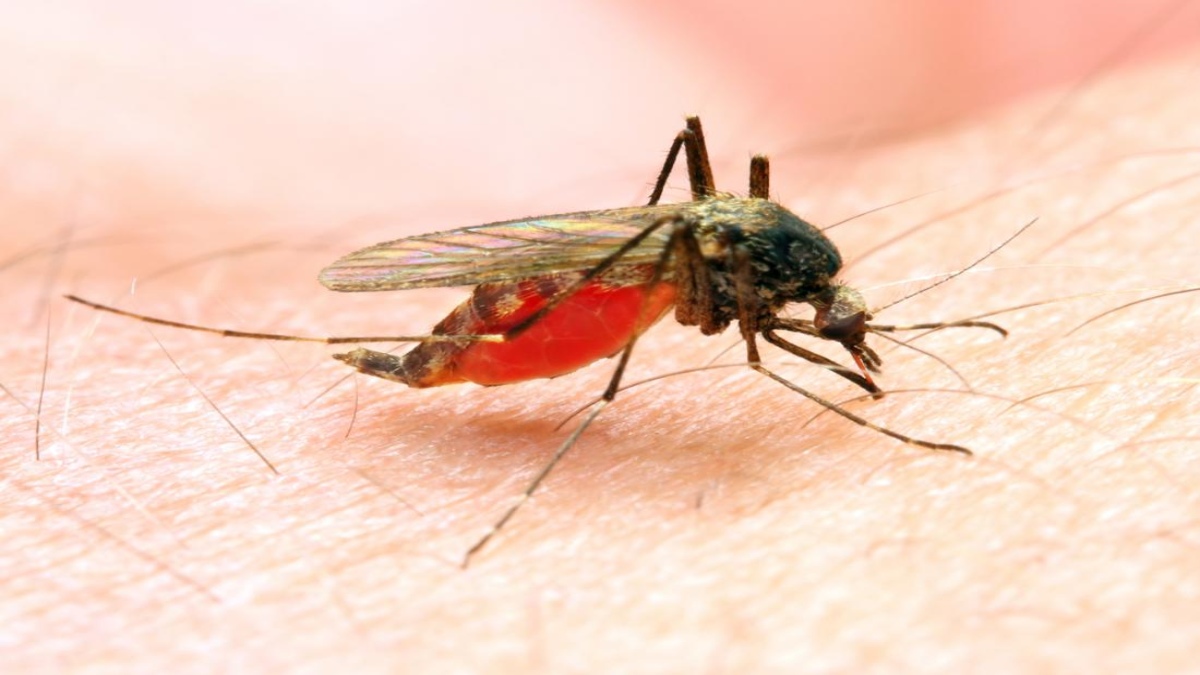Scientists have raised concerns that the battle against malaria in Africa could be growing more difficult. A recent study reveals that a crucial drug used to treat malaria, artemisinin, is becoming less effective in children with severe infections. Published in the Journal of the American Medical Association (JAMA), the study shows that children have developed resistance to artemisinin, a medication known for its rapid action against most malaria parasites. While resistance to this drug was first observed in Southeast Asia in the 2000s, this marks the first time resistance has been identified in African children with severe malaria.
Malaria and Treatment Challenges
Malaria is caused by the Plasmodium falciparum parasite, which is transmitted through mosquito bites. The World Health Organization’s (WHO) recommended treatment involves a combination of artemisinin-based pills, paired with another drug that stays longer in the body to kill any remaining parasites. This treatment, known as artemisinin-based combination therapy (ACT), is the gold standard for malaria treatment.
Study Findings
The study, conducted in Uganda, focused on 100 children hospitalized with severe malaria. It found that 11 of these children had developed partial resistance to artemisinin, meaning the parasites were adapting to evade the drug. All the children with resistant malaria had genetic mutations associated with drug resistance.
Chandy John, a pediatric infectious diseases expert at Indiana University and co-author of the study, highlighted the importance of these findings. He told Nature, “If this is verified by other studies, it could change guidelines for treatment of severe malaria in African children, and they are the biggest target group by far.”
Additionally, another group of ten children in the study experienced a recurrence of malaria after their treatment ended. John speculated that this might indicate the partner drug, lumefantrine, was not as effective as it should be. He suggested that the recurrence could be due to resistance to lumefantrine, which is used alongside artemisinin in ACT.
The Impact of Resistance
As artemisinin resistance spreads, it could complicate malaria treatment, particularly in Africa, which accounted for 95% of the 608,000 malaria-related deaths in 2022. Philip Rosenthal, a malaria expert at the University of California, San Francisco, called the emergence of artemisinin resistance in Africa a “major threat to malaria control.” He emphasized, “We are now only starting to understand what’s going on.”
Even if the drug remains somewhat effective, the slower action of artemisinin could result in more severe outcomes, potentially increasing mortality rates. Rosenthal warned, “Even if the drug still works, that slower action could make a difference and lead to higher levels of mortality.”
The findings underline the urgent need for further research and revised treatment strategies to combat this growing challenge in malaria control.







